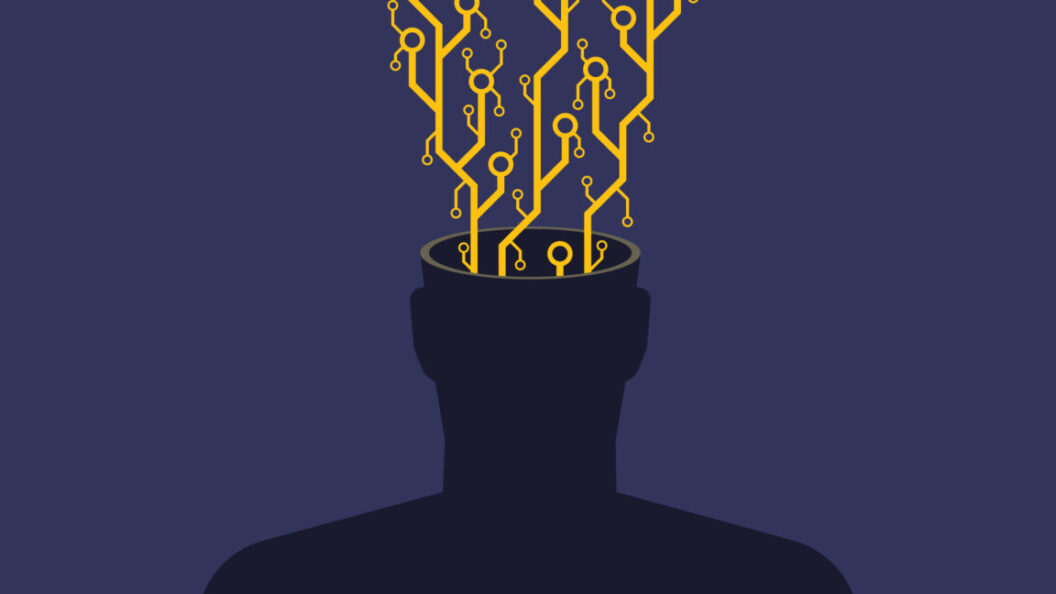The Quest for Artificial General Intelligence: Challenges and Controversies
Recent discussions surrounding the achievement of $100 billion in profits from artificial intelligence (AI) have prompted a critical examination of what constitutes true intelligence versus mere commercial success. This analysis delves into the complexities of defining Artificial General Intelligence (AGI), exploring whether current AI systems can genuinely "think" or "understand" in a human-like manner.
Is AGI Already Here?
The question of whether we have already attained AGI or whether it remains an unattainable goal is heavily debated within the tech community. Some proponents argue that if AGI is defined as AI that can outperform most humans at diverse tasks, then present language models might indeed meet this threshold for specific activities. However, a universal consensus on what "better" signifies remains elusive. Additionally, the concept of superintelligence, which refers to a theoretical intellect far surpassing human capabilities, complicates the discourse even further.
The Limits of Current Benchmarks
Researchers are striving to create objective benchmarks to measure advancements toward AGI, yet these efforts often lead to further confusion. Traditional methods, including the Turing Test, have been challenged by newer metrics like the Abstraction and Reasoning Corpus (ARC-AGI), which assesses AI systems’ ability to solve creative visual puzzles requiring innovative reasoning.
François Chollet, the architect behind ARC, laments that "almost all current AI benchmarks can be solved purely via memorization." This highlights a significant issue: many models that perform well in tests may not necessarily understand the underlying concepts, as they simply replicate patterns present in their training data. Consequently, large language models often act as expert imitators, lacking true novel problem-solving abilities.
The Challenge of Defining Intelligence
Even sophisticated benchmarks like ARC-AGI grapple with a central dilemma: their metrics attempt to distill intelligence into a singular score. While these improved benchmarks are crucial for empirical assessment within a scientific paradigm, intelligence is inherently multifaceted. It encompasses a range of abilities that manifest variably across different scenarios. Notably, we lack a comprehensive definition of human intelligence itself, making it improbable that we can capture the full complexity of artificial intelligence through a single quantitative measure.
Conclusion: Implications for the Future of AI
As discussions about AGI evolve, it becomes increasingly clear that simplistic definitions and benchmarks are inadequate to encompass the intricacies of intelligence—both artificial and human. This ongoing exploration carries substantial implications for how we understand and interact with AI technologies. It invites an important reflection on the distinction between profitable, commercially successful systems and those that exhibit genuine cognitive capabilities. The future of AI may very well hinge on our ability to accurately define and measure intelligence, influencing not only technological advancements but also ethical considerations for their deployment in society.









